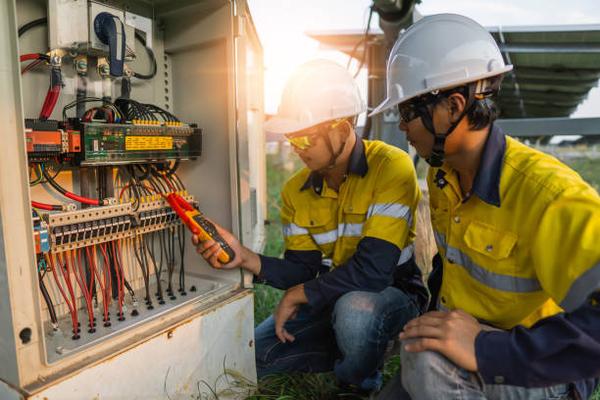Troubleshooting Common Electrical Issues in NC Homes
Electrical issues can be a common occurrence in homes across North Carolina. From flickering lights to tripping circuit breakers, these problems can be frustrating and potentially dangerous if not addressed promptly. Fortunately, many of these issues can be easily resolved with some basic troubleshooting techniques.
One of the most common electrical issues in NC homes is flickering lights. This problem can be caused by a variety of factors, including loose bulbs, faulty wiring, or overloaded circuits. To troubleshoot this issue, start by checking the light bulb itself. Make sure it is screwed in securely and replace it if necessary. If the problem persists, check the wiring connections in the light fixture to ensure they are tight and secure.
Another common issue that homeowners may encounter is a tripping circuit breaker. Circuit breakers are designed to protect your home from electrical overloads by shutting off power to a particular circuit when it becomes overloaded. If you experience frequent tripped breakers, it could indicate that there is an underlying issue with your electrical system. To troubleshoot this problem, start by unplugging any devices or appliances that may be causing the overload. If the problem continues, you may need to contact a professional electrician to inspect your wiring and make any necessary repairs.
In older homes especially, another common electrical issue is outdated or faulty wiring. Over time, wiring can become worn or damaged, leading to potential safety hazards such as short circuits or electrical fires. Signs of faulty wiring include flickering lights, burning smells, or sparking outlets. If you suspect that your home may have outdated wiring, it is important to have it inspected by a licensed electrician who can recommend necessary upgrades or repairs.
Finally, one of the most serious electrical issues that homeowners may face is an electrical fire. Electrical fires can occur for a variety of reasons, including overloaded circuits or faulty wiring. To prevent these disasters from happening in your home, make sure to never overload circuits and regularly inspect your wiring for signs of damage.
In conclusion, troubleshooting common electrical issues in NC homes requires attention to detail and knowledge about how electricity works within your home. By following these basic troubleshooting tips, you can help keep your home safe and free from potentially dangerous electrical problems. If you are unsure about how to address an electrical issue on your own, it is always best to contact a professional electrician who can safely diagnose and repair any problems with your system. Remember, safety should always come first when dealing with electricity!
Ewing Electric Co
7316 Wallace Rd STE D, Charlotte, NC 28212
(704) 804-3320




